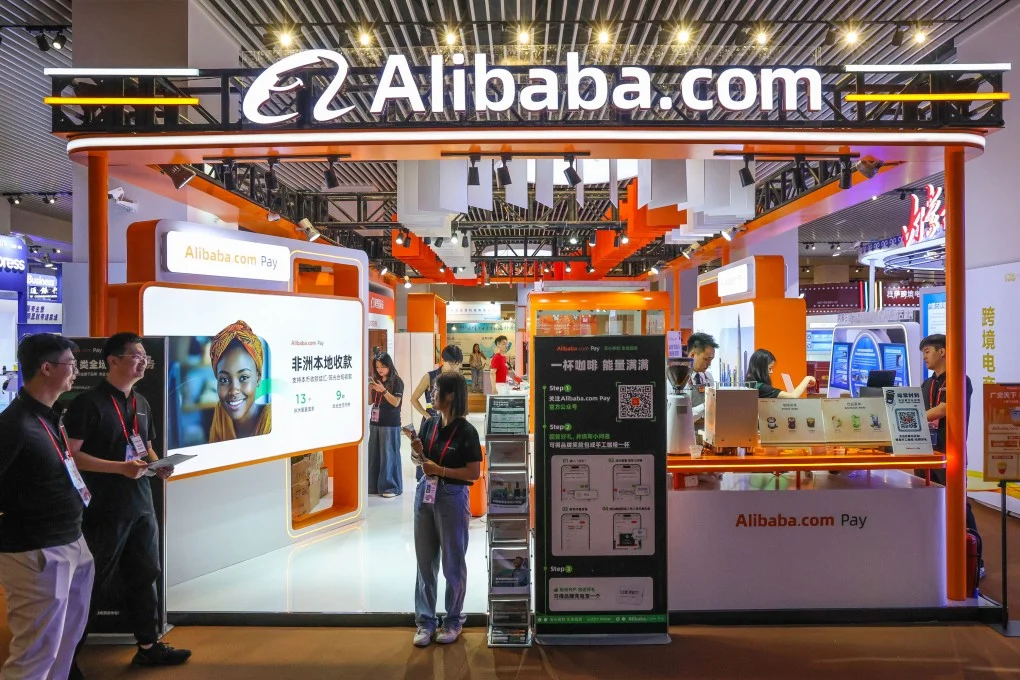
Alibaba has launched a new artificial intelligence-driven search engine, Accio, aimed at small businesses in Europe and the Americas to aid in sourcing supplies. This tool represents Alibaba’s strategic move to enhance sales by utilizing ChatGPT-like technology, which the company reports has shown a 40% increase in purchase intent for businesses compared to traditional search engines. The platform, named after a spell from the Harry Potter series used to summon objects, is designed to help small enterprises find wholesale products quickly and efficiently.
Accio, currently a web-based tool, operates in multiple languages including English, German, French, Portuguese, and Spanish. It allows users to input text or image prompts to search for wholesale products, with additional features such as popularity analysis and profit projections based on Alibaba’s demonstration of the tool. In a demonstration, Accio assisted a sports entrepreneur in creating a line of pickleball products, ultimately offering a list of procurement options that enable businesses to connect directly with suppliers.
The technology behind Accio is powered by Alibaba’s own Tongyi Qianwen large language model (LLM). Although company representatives, including Kuo Zhang, president of Alibaba.com, declined to confirm if Accio also integrates AI from other companies, they noted that the tool relies on Alibaba’s proprietary generative AI. Generative AI, as seen in platforms like OpenAI’s ChatGPT, creates human-like responses to prompts through training on extensive datasets. Accio’s AI leverages data from Alibaba’s vast business network, which includes information on 50 million companies and 1 billion product listings, supported by publicly available industry data across more than 100 markets.
Europe and North America currently represent the largest buyer base for Accio, reflecting Alibaba’s growing international focus. In line with this strategy, Alibaba’s international division recently enhanced its AI translation capabilities to improve merchants’ reach across language barriers, claiming that its AI outperformed other translation services like Google, DeepL, and ChatGPT. These moves signify Alibaba’s commitment to supporting cross-border commerce and expanding its presence outside China.
While Alibaba has seen significant growth in its international business, its main revenue source remains its domestic e-commerce platforms Taobao and Tmall. Earlier in the year, Alibaba management indicated their vision for the Taobao app to evolve into a comprehensive AI-enabled platform for consumers. Domestically, Alibaba also found considerable AI usage among vendors during China’s recent Singles Day shopping festival, where over half of 500 merchants used AI tools for customer service and content generation, a development that the company views as significantly boosting productivity.
Alibaba is scheduled to release its quarterly earnings report this Friday, which will provide further insights into the company’s performance amid these AI developments.
Featured image courtesy of South China Morning Post
Follow us for more updates on Alibaba’s Accio.
